FMS: Kioxia Sample PCIe NVMe Technology-Based Flash Hardware for Linux Foundation’s Software-Enabled Flash Community Project
Open-source software project enables software developers to maximize use of flash media with software-defined technology and sample hardware based on PCIe and NVMe technology.
This is a Press Release edited by StorageNewsletter.com on August 8, 2022 at 2:01 pmSupporting the Linux Foundation’s Software-Enabled Flash open-source project, Kioxia America, Inc. announced software-defined technology and sample hardware based on PCIe and NVMe technology.
This technology fully uncouples flash storage from legacy HDD protocols, allowing flash to realize its full capability and potential as a storage media. The company highlighted Software-Enabled Flash at Flash Memory Summit conference and expo at its booth on the show floor and presented the session, NVMe Software-Enabled Flash Storage for Hyperscale Data Centers, at the Santa Clara Convention Center, CA.
To reach efficiency at scale, hyperscale cloud storage needs more from flash storage devices that are currently based on HDD protocols created decades ago. To resolve this, the Linux Foundation’s Software-Enabled Flash Community Project will enable industry adoption of a software-defined flash API, giving developers the ability to customize flash storage specific to data center, application and workload requirements. The project was created to benefit the storage developer community with a vendor agnostic, flexible solution that meets the evolving requirements of the modern data center.
Software-Enabled Flash technology consists of an open-source API and libraries coupled with purpose-built, media-centric flash hardware focused on hyperscale requirements and provides the tools for software developers to maximize the yet untapped capabilities in flash storage. By unlocking the full power of flash, this technology breaks free from legacy HDD protocols and creates a platform specific to flash media in a hyperscale environment.
“Software-Enabled Flash technology fundamentally redefines the relationship between the host and solid-state storage, offering our hyperscaler customers real value while enabling new markets and increasing demand for our flash solutions,” said Eric Ries, SVP, memory storage strategy division (MSSD). “By delivering the ability to flexibly deploy and manage flash-based storage, and get the maximum value out of it, we are making good on our promise to improve flash efficiencies in hyperscale data centers.”
Resources:
Kioxia America’s FMS event platform, 3D virtual booth, demonstrations and more
7 Reasons for Software-Enabled Flash Technology
Introducing Software-Enabled Flash (SEF) Technology
Software-Enabled Flash Technology: Introducing the Software Stack
Video: An Introduction to Software-Enabled Flash Technology
Video : Webinar: Software-Enabled Flash Technology Features, Functions, and Capabilities
Video: Webinar: What if Flash was Software Defined?
Video: Multiprotocol Support for Software-Enabled Flash
Video: Software-Enabled Flash SDK – Reference FTL
Video: Software-Enabled Flash SDK – Reference Virtual Drivers
Video: Software-Enabled Flash SDK – CLI
Video: Multiple Workloads and Protocols: One Software-Defined Solution








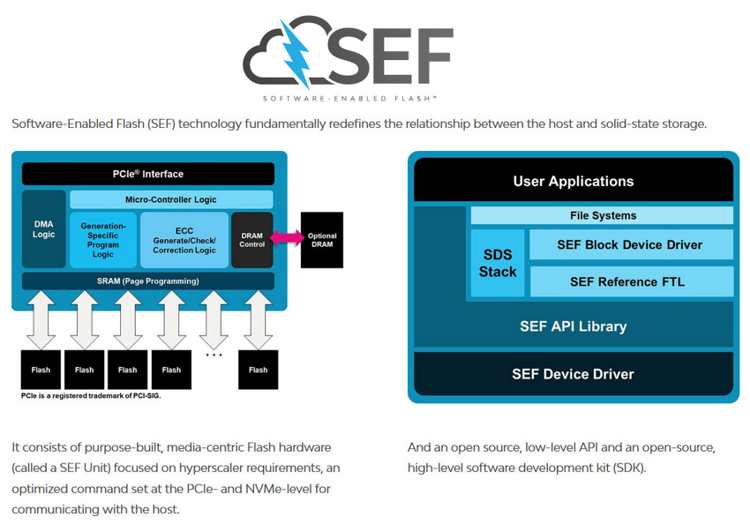
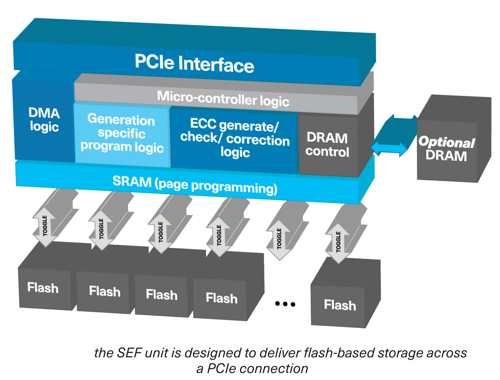
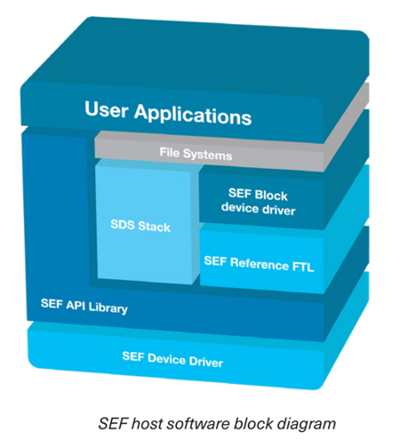
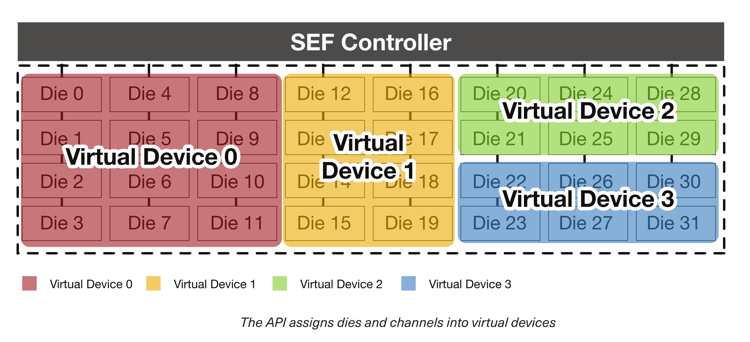
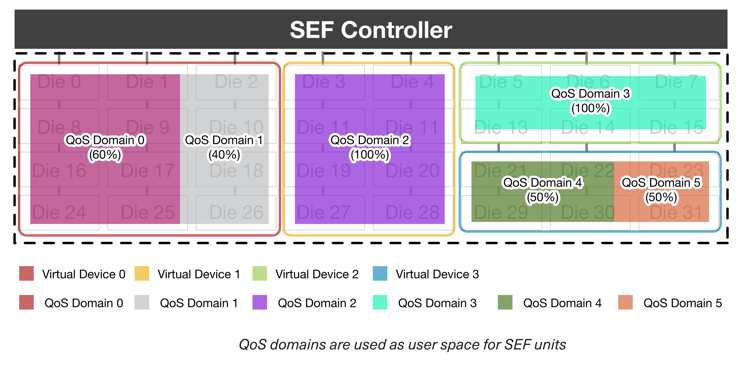






 Subscribe to our free daily newsletter
Subscribe to our free daily newsletter

